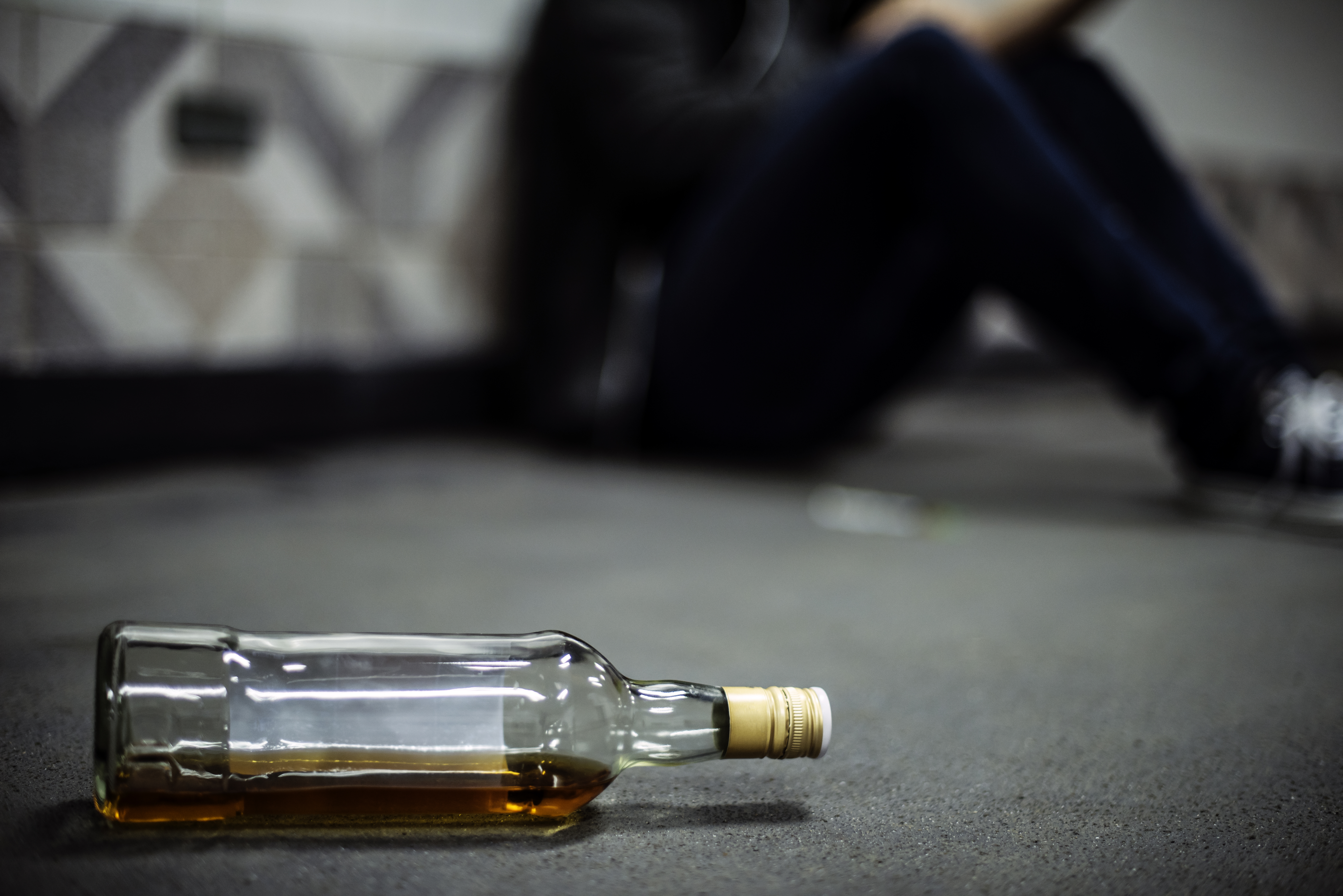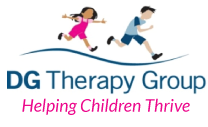Is Detoxing From Alcohol The Best There Ever Was?
Detoxing From Alcohol – What You Need to Know
Detoxing begins within hours after your last drink. Your body has to reset its chemical system to begin healing.
 Attempting to detox alone is dangerous, risky and can be life-threatening. It is best to go through withdrawal from alcohol under medical supervision.
Attempting to detox alone is dangerous, risky and can be life-threatening. It is best to go through withdrawal from alcohol under medical supervision.
1. Eat a Healthy Diet
The body needs nutrients to live and a balanced diet is vital when detoxing from alcohol. The goal is replenishing nutrient deficiency to relieve symptoms and Alcohol Detox Near Me support your body’s natural detoxification process.
The most effective foods to detox from alcohol include whole grains, fruits and vegetables. They supply energy-rich carbohydrates and B vitamins that are depleted by prolonged alcohol consumption. They also contain fiber, which helps to maintain healthy gut bacteria. Salmon and poultry, leafy vegetables and nuts, lentils, eggs, beans, and dairy are all essential foods. All of these food items are rich in protein which helps to balance blood sugar levels. They also provide amino acids that can aid in preventing cravings and withdrawal.
Fruits and vegetables are a great source of vitamins A and C. A range of colors can improve the appearance of a dish, and they are rich in antioxidants that guard against cell damage. They also contain minerals such as calcium, potassium, and zinc. These are a great choice for snacks or as an addition to meals since they can be consumed at any time.
Vegetables are an excellent supplement to any diet however they are particularly crucial when someone is detoxing from alcohol. They are full of minerals and have essential vitamins for a healthy body such as beta-carotene, vitamin C and beta-carotene. They are also great sources of fiber, which helps the body to regulate blood sugar levels and reduces cravings for alcohol.
Foods rich in fatty acids are also beneficial for detoxing from alcohol. These foods can lessen anxiety, depression and mood swings. They also help support the kidneys and liver, which are vital organs for detoxification. Some fatty acid-rich foods to eat include avocados, chia seeds seeds and nuts flax seed, hemp seed, and walnuts.
When someone is attempting a detox from alcohol, it’s essential to drink plenty of water. Dehydration can trigger withdrawal symptoms and make them more difficult to manage. This is especially true if you are experiencing vomiting, diarrhea or sweating. It is important to drink fluids like water and herbal teas throughout the 10 Day.
2. Move Your Body
If you are going through the process of detoxing from alcohol, it is important to get enough exercise. This will boost your mood and energy levels and it will also make you feel more confident about yourself, especially if you have been feeling self-pity as a result of your drinking habits. Start by registering for gym membership and then participating in group classes or you can sign up for a recreational sports league to meet people who share similar interests to those you have. Research has proven that exercise can be a beneficial tool to combat a range of physical and mental ailments, including addiction.
Drinking causes your body to get accustomed to its effects, so if you stop suddenly your body may experience severe withdrawal symptoms. These symptoms can include insomnia and tremors along with hallucinations, seizures, and even death. You are more likely to experience these risky withdrawal symptoms if you’re an alcohol addict. This is why it’s so important to choose detox alcohol facilities that offer medically assisted detox.
In an inpatient treatment program you will receive around the clock care from a team of medical professionals who will keep track of your condition and prescribe medication to help ease withdrawal symptoms. Benzodiazepines are used to alleviate withdrawal symptoms from alcohol because they relax the central nervous system. They are prescribed as long-acting medications such as chlordiazepoxide (Librium) or short-acting ones like alprazolam (Xanax).
Detox is only the first step of your recovery process, but it is a vital step. You will require continuing your treatment using treatment for addiction, including behavioral therapy, and other forms of addiction treatment to ensure that you stay sober for the long term.
Contact Ria Health today to learn more about the alcohol detox program. We can connect with an addiction specialist who will help you pick the right detox program to begin your recovery. The sooner you start your recovery, the sooner you’ll have a greater chance of achieving a lifetime of sobriety.
3. Stay hydrated
It might seem obvious, but drinking water is vital to detoxing alcohol detox near me; Bond Mclamb 2 Blogbright`s recent blog post,. Many people experience dehydration during withdrawal because they are unable to drink or eat because of their symptoms, however, it is important to make an effort to consume fluids to stay well-hydrated. Juice, water broth, ice pops and gelatin are all great options to drink water. Avoid sugary drinks, coffee and salty foods that could cause dehydration.
Many people who consume alcohol and drink excessively suffer from low levels of minerals, vitamins and nutrients. Alcohol is known to deplete a variety of essential nutrients in the body which includes vitamin C A, B and C. A diet that is rich in fruits, vegetables, and whole grains can aid in replenishing the nutrients lost during the detoxification process.
During detox, it’s also important to get adequate amounts of protein and fat from healthy sources. Lean fish, meats, eggs and nuts are excellent choices for getting these proteins. Avocados and hummus are also good choices for fats. The best source of these is found in whole, unprocessed foods.
The detox process can be very uncomfortable and difficult to get through, especially when you’ve been drinking heavily for a prolonged period of time. It is best to go through detox at a medically supervised facility. A qualified professional will be able to monitor vital signs such as your heart rate, blood pressure and other important indicators to ensure that you are safe and comfortable during the detox process.
Alcohol withdrawal symptoms are usually most severe between 24 and 48 hours following the last drink. These symptoms include anxiety, tremors and insomnia, but they could also lead to the life-threatening medical emergency of the delirium and tremens. The tremors are caused by hallucinations and could be fatal in the event that they are not treated with medication.
Sobriety can bring many benefits, even though it is not easy to quit drinking. Understanding these benefits will help you stay engaged throughout the detox process. Some of the most significant benefits include improved physical health and mental clarity, improved relationships, and more.
4. Do not drink. Alcohol
If a person is in the process of in the process of detoxing from alcohol, it is crucial to avoid alcohol completely. This can be difficult for many people to accomplish particularly if they’ve been drinking heavily for a long time or are suffering from severe withdrawal symptoms such as seizures or delirium. It is best to work with a professional medical professional or a treatment center that can guide you through the process.
You should also have your family and family members watch you throughout the detoxification process. This will enable them to contact emergency services in the event of need. Many people have difficulty trying to quit smoking on their own. The presence of supportive people makes the process much easier.
Eating a healthy diet can be beneficial during withdrawal from alcohol, as it can provide your body with the nutrients it requires. Avoid junk food as it is often high in sugar and fats, which will make your body under extra stress during detox. Try to eat more whole foods such as fruits, vegetables whole grains, whole grain and lean fish and meats.
Water is a great method to stay hydrated as well as ease withdrawal symptoms caused by alcohol detox at home. Drink three litres daily of water and switch to tea, coffee, or squash instead of caffeinated beverages.
A healthy diet can support the body’s detoxification by providing the essential minerals and vitamins. Alcohol can deplete the body of vitamin B, so be certain to eat foods rich in this nutrient. Examples include salmon or poultry, dairy dark leafy vegetables, and whole grains.
Inpatient treatment is an option for those who want to cleanse themselves of alcohol since it will offer them the 24-hour assistance they require to deal with withdrawal symptoms and prevent complications. For those who don’t need to undergo treatment in a hospital There are many alternatives for outpatient treatment that offer similar services.
Alcohol abuse can cause a variety of negative health effects, such as liver disease, heart damage, brain damage diminished immune function, and Alcohol detox near me depression. Alcohol can also harm a pregnant woman or a mother who is breastfeeding.
Whittier Facility
Covina Facility
Lynwood Facility

Leave a Reply